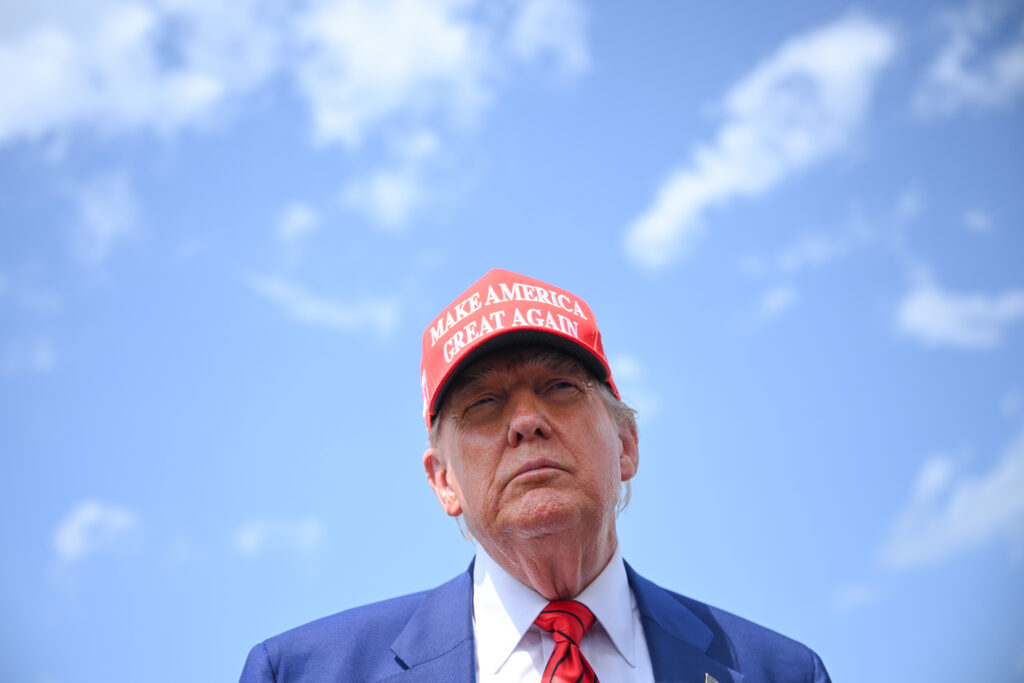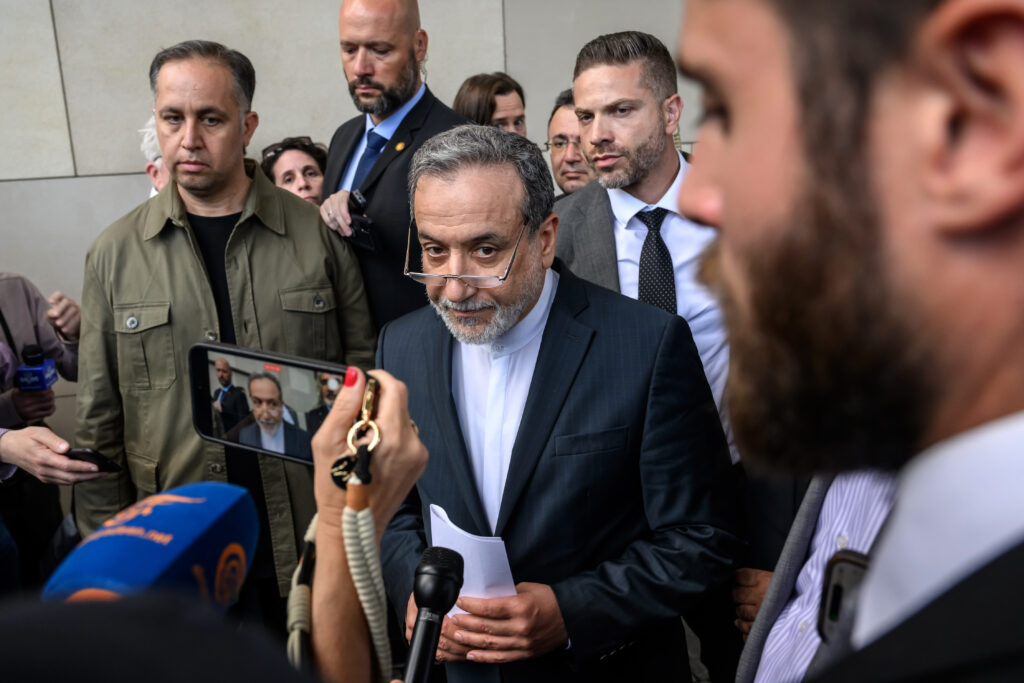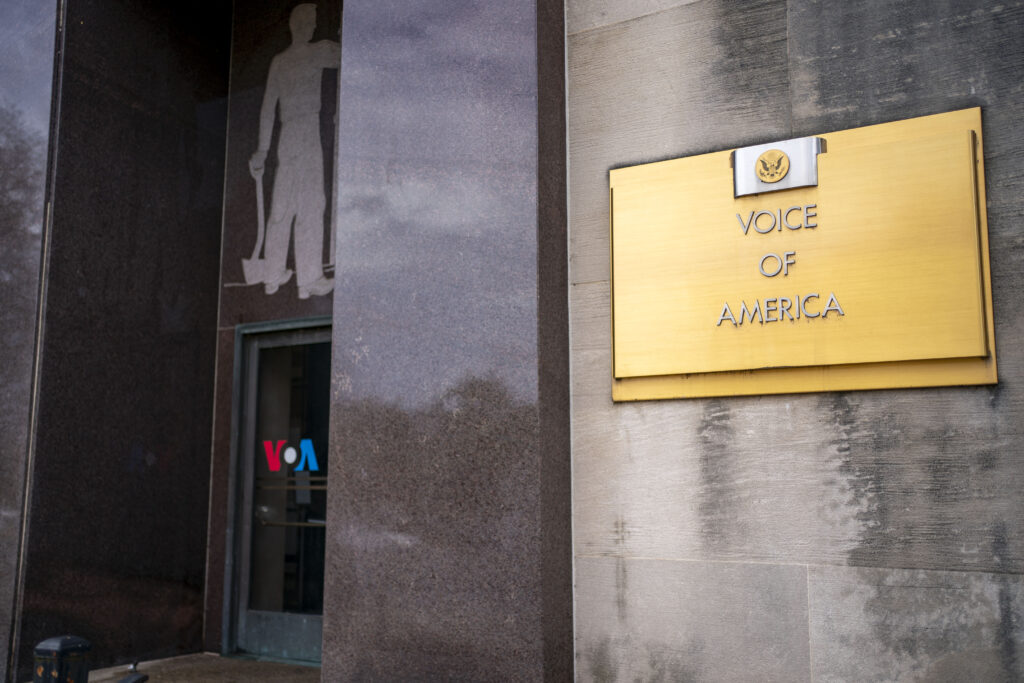Trump says two weeks is ‘maximum’ for Iran decision
President Donald Trump said Friday that Iran had a “maximum” of two weeks to avoid possible US air strikes, indicating he could take a decision before the fortnight deadline he set a day earlier.Trump added that he was not inclined to stop Israel attacking Iran because it was “winning,” and was dismissive of European efforts to mediate an end to the conflict.”I’m giving them a period of time, and I would say two weeks would be the maximum,” Trump told reporters when asked if he could decide to strike Iran before that.He added that the aim was to “see whether or not people come to their senses.”Trump had said in a statement on Thursday that he would “make my decision whether or not to go within the next two weeks” because there was a “substantial chance of negotiations” with Iran.Those comments had been widely seen as opening a two-week window for negotiations to end the war between Israel and Iran, with the European powers rushing to talks with Tehran.But his latest remarks indicated Trump could still make his decision before that if he feels that there has been no progress towards dismantling Iran’s nuclear program.Trump meanwhile dismissed talks that European powers Britain, France, Germany and the EU had with Iran’s foreign minister in Geneva on Friday.- Europe ‘didn’t help’ -“They didn’t help,” he said as he arrived in Morristown, New Jersey, ahead of a fundraising dinner at his nearby golf club.”Iran doesn’t want to speak to Europe. They want to speak to us. Europe is not going to be able to help in this.”Iranian Foreign Minister Abbas Araghchi said after the talks in Geneva that Tehran would not resume negotiations with the United States until Israel stopped its attacks.But Trump was reluctant. “It’s very hard to make that request right now,” Trump said.”If somebody’s winning, it’s a little bit harder to do than if somebody’s losing, but we’re ready, willing and able, and we’ve been speaking to Iran, and we’ll see what happens.”Trump meanwhile doubled down on his claims that Iran is weeks away from being able to produce a nuclear bomb, despite divisions in his own administration about the intelligence behind his assessment.Tulsi Gabbard, Trump’s director of national intelligence, said in a report in March that Iran was not close to having enough enriched uranium for a nuclear weapon.”She’s wrong,” Trump said of Gabbard, a longtime opponent of US foreign intervention whom Trump tapped to coordinate the sprawling US spy community.Iran says its nuclear program is for peaceful purposes.







